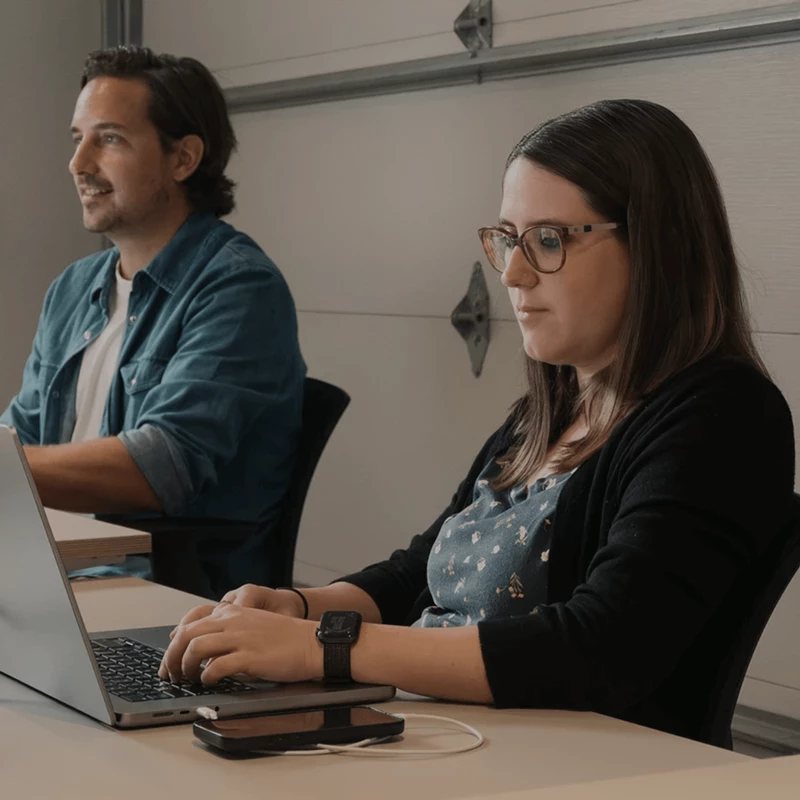- Development
- AI
AI: A tool to support developers
September 19 — 2024


With the rapid evolution of artificial intelligence and language models like GPT-4 and Copilot, we're witnessing a certain apprehension among developers. Some developers fear that these technological advancements will negatively impact their skill level or that of their colleagues, while others are afraid of not being able to keep up with the curve or of being replaced. It's true that AI is changing the game, but it's important to see these tools for what they are: allies that can help us improve.
A tool is only as good as its user
LLMs, code libraries, Stack Overflow... all these tools are valuable, but their effectiveness hinges on two key factors:
- Understanding the tool: What's its purpose? What can it do, and what are its limitations? This insight is crucial for knowing when to choose one tool over another.
- Assessing our skill level with the tool: Are we using it effectively and to its full potential? Are our results improving or plateauing? There's no real substitute for hands-on, practical knowledge of how to wield a tool.
Let's draw a parallel with carpentry. Handing over a planer, jointer, and power drill to someone with no carpentry experience doesn't automatically make them a skilled woodworker. These tools, as powerful as they are, demand expertise and craftsmanship to be used effectively.
On the other hand, an experienced carpenter will use these tools to speed up their work and improve the quality of their creations. Given the same equipment, the outcomes of an amateur and a professional will differ significantly. The bookshelf crafted by the professional will likely be sturdier, more aesthetically pleasing, and longer-lasting than its amateur counterpart. While both shelves might adequately hold books, it's the expertise and experience that truly set them apart.
The value of curiosity and continuous learning
As my colleague Joey says, curiosity and the desire to understand are valuable assets. In the software development field, these qualities help us stay ahead of the curve and stand out. Learning and adapting are essential in an industry that's constantly evolving.
LLMs can be viewed as an extension of our own capabilities. These tools assist us in problem-solving, exploring new approaches, and refining our solutions. By handling repetitive tasks more efficiently, they allow us to focus on the more complex and creative aspects of our work.
Rather than seeing LLMs as a threat, we should consider them tools that amplify our skills. They can help us create prototypes quickly, explore various implementations, or grasp complex concepts. However, it's important to remember that they are not a magic solution. Without a solid foundation of knowledge and good critical thinking, it's easy to misinterpret or misuse the information they provide.
A tool to enhance our work
AI doesn't replace human judgment, creativity, or deep understanding of complex systems. It's a tool that, when used well, can improve our work, help us move faster, and foster innovation. Whether to use it or not is a choice, but opting out risks hindering professional growth. Those who don't use it, or use it poorly, will likely fall behind, while those who take the time to understand and master the tool will take the lead.
By nurturing curiosity towards this new paradigm and constantly seeking to enhance our skills, we can utilize LLMs for their true purpose: tools designed to support and accelerate professional growth.
